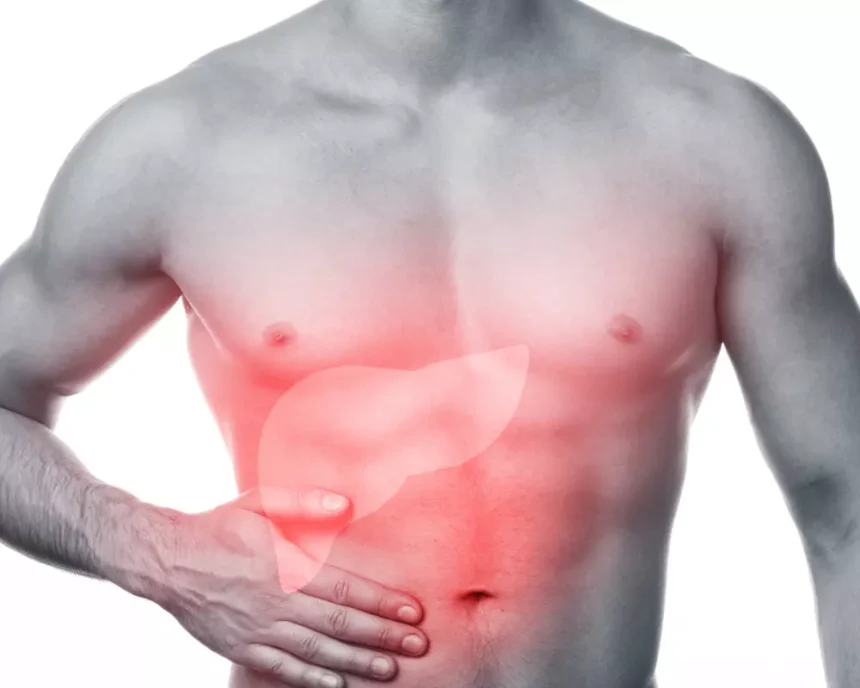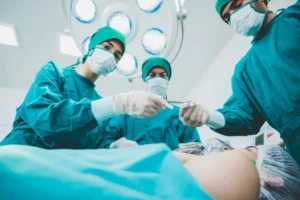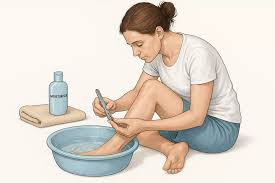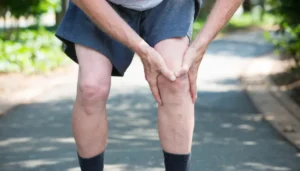Gallbladder surgery recovery requires your body to adjust to changes in digestion. The digestive system may react differently to certain foods after the procedure. Patients often need to modify meal types and portion sizes during recovery. Here are a few dietary adjustments to make after gallbladder surgery:
Understanding Digestion
After gallbladder surgery, bile flows differently. The liver continues producing bile, but without the gallbladder to store it, bile drains continuously into the intestines, which can create digestive challenges during recovery. These changes often affect how your body handles meals. Those high in fat can lead to discomfort or irregular digestion in the weeks following surgery.
This constant bile flow often affects fat digestion, as larger amounts of fat may remain undigested and cause gas or loose stools. While the body gradually adapts to dietary changes, adjusting portion sizes can help ease the transition. Choosing easily digestible foods also supports overall digestive comfort.
Managing Fat Intake
Limiting fat intake can help reduce digestive discomfort after surgery. High-fat foods, fried items, and rich sauces may worsen symptoms, so choosing foods with three grams of fat or less per serving is recommended. Reading nutrition labels carefully is key, as many processed foods contain hidden fats that can trigger issues. Opt for lean proteins such as fish, poultry, and fat-free dairy products. After several weeks, fats may be gradually reintroduced by starting with small amounts and monitoring your body’s response, with some individuals tolerating moderate fat intake within a few months.
Fiber for Digestion
Soluble fiber helps regulate bowel movements and supports digestive health. Foods like oats, barley, and beans provide beneficial fiber, but they should be added gradually to prevent gas and cramping. Start with small portions of high-fiber foods and increase amounts over several weeks as your system adjusts, since too much fiber too quickly can worsen digestive symptoms. Fruits and vegetables also provide fiber and nutrients; beginning with cooked vegetables may be easier to digest than raw produce.
Meal Planning Strategies
Smaller, more frequent meals are easier to digest than ample portions. They mix more effectively with available bile, which reduces digestive stress. Planning meals that include lean protein, vegetables, and whole grains helps maintain a balanced diet. Keeping portions moderate helps prevent overwhelming the digestive system and supports steady energy levels throughout the day.
Preparing meals at home allows control over ingredients and cooking methods. This approach can make digestion smoother during recovery. Regular meal timing also helps establish consistent eating habits. Avoiding restaurant foods early prevents excess fat intake, which may be harder to process.
Foods to Limit
Certain foods often affect digestion after surgery and can become a potential trigger. Knowing which types of food trigger symptoms helps you make minor adjustments early to reduce discomfort and support recovery. Certain foods commonly trigger symptoms after gallbladder surgery:
- Caffeine
- Dairy products
- Very sweet foods
- Spicy foods
Individual responses to these foods can vary for each person; some foods may be easier to tolerate than others. Patterns of reactions often emerge over time, and personal triggers may become more apparent. Observing these responses can provide insight into how different foods affect digestion.
Plan Gallbladder Surgery Care
Recovery is a chance to develop healthier eating habits by focusing on whole foods, regular meals, and mindful choices. Staying hydrated supports digestion, and alcohol should be avoided during early recovery. Notice how different foods affect your body to guide dietary decisions. Consult a healthcare professional to create a plan that supports your recovery and overall well-being.














